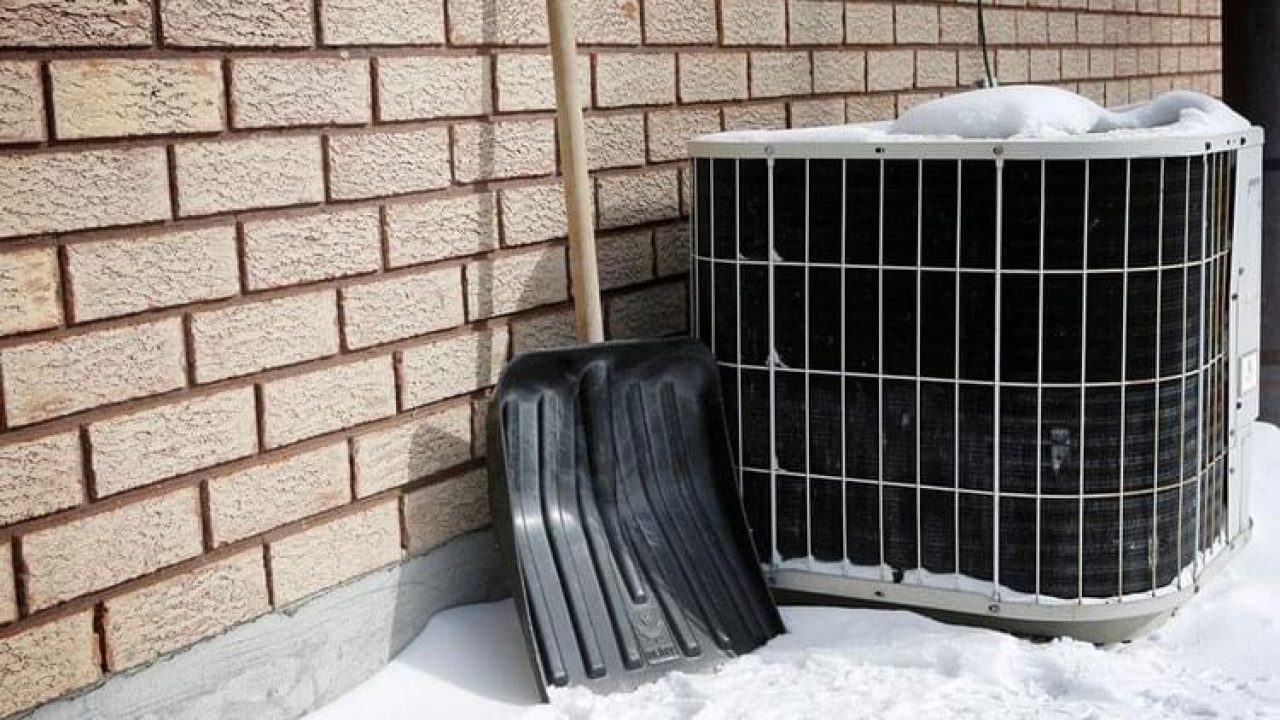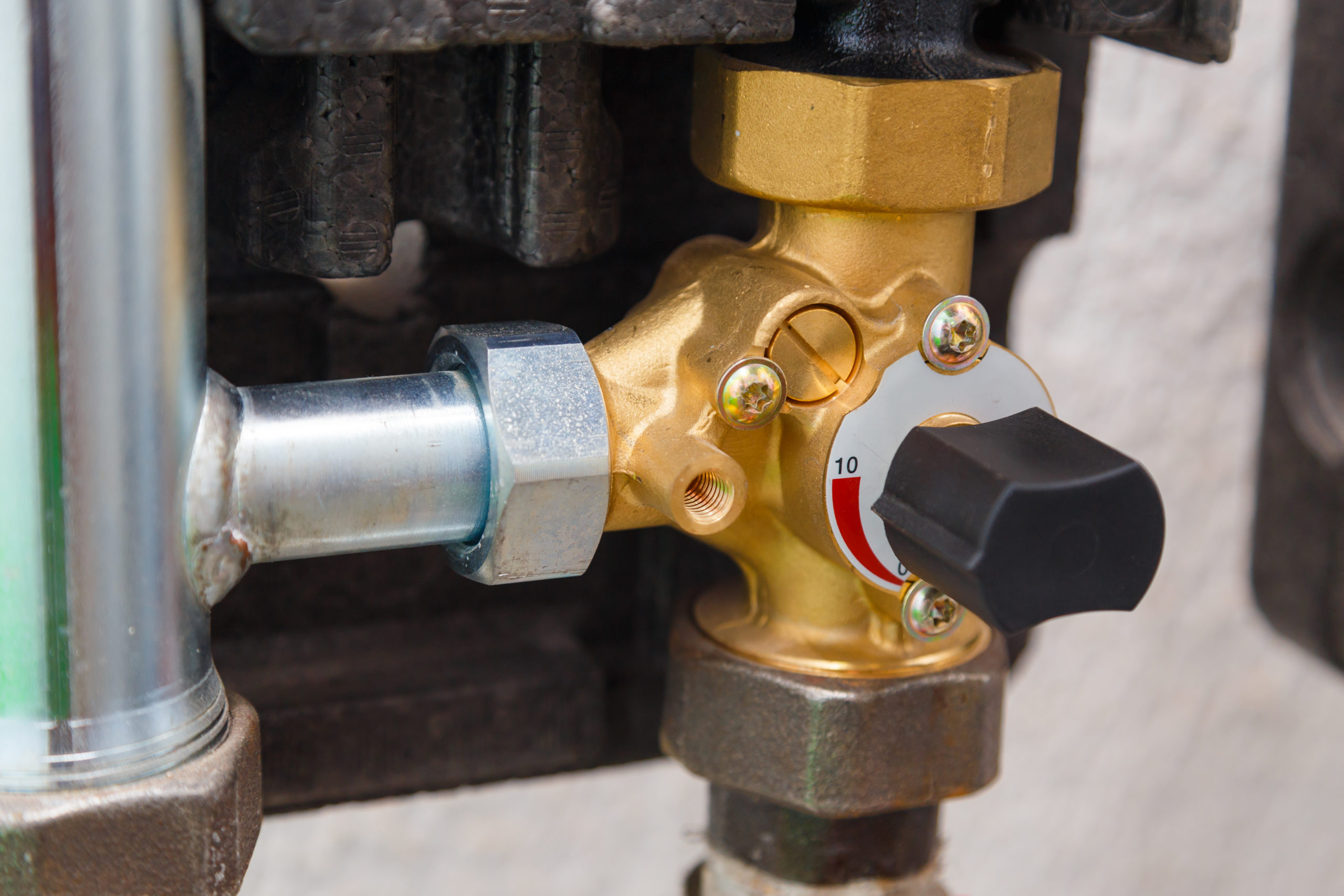Since the days of wood stoves and fireplaces, there are several choices available to you today if you are exploring home heating options. You have several selections for heating sources and fuel types, from furnaces to boilers. One popular heating option that is in wide use today is a heat pump. However, if you are thinking about a heat pump, there are a few considerations to note.
A heat pump is an integrated system that moves heat from one place to another. During the winter season, a heat pump will remove heat from the outdoor air and pump it to different rooms in your home. When the temperatures rise in the summer, the system is reversed, and the heat pump will remove the heat from your home and serve as an air conditioner. In general, a heat pump is more energy-efficient than other home heating solutions. Let’s look at some of the pros and cons of heat pumps.
Heat Pump Operation

As discussed, a heat pump transfers heat from one place to another. To provide heat to your home in the winter, the system extracts heat from the ambient environment and transfers it to refrigeration coolant. The unit compresses the refrigerant, which significantly increases the temperature, and then moves it to the heat pump’s indoor unit. The indoor unit passes air over the hot coolant and then distributes warm air to parts of your home.
A standard heat pump consists of two major parts on the inside and outside of your home. Your thermostat controls the indoor unit to provide both heating and cooling. When you turn the heat on, the outdoor unit kicks on to draw in air and begin the process of extracting heat from the air. The refrigerant line carries the heat to the indoor unit, which is used to heat your home. When you select air conditioning, the process is reversed, and cool air is distributed to your home. Unlike other home heating and cooling types, a heat pump relies on one packaged system.
Heat Pump Pros

One of the biggest benefits of a heat pump system is that it is one integrated unit. Your heat pump operates as both the heating and cooling equipment. This means that the maintenance and upkeep are simpler than taking care of multiple units and systems. Aside from this, however, there are a few other benefits. A heat pump heats and cools the interior of your home gradually, which results in smaller temperature variations. Along the same vein, a heat pump is also more energy-efficient as it doesn’t rely on combustion to provide high temperatures. Heat pumps have better SEER ratings and provide lower energy costs.
Heat Pump Cons

As you might imagine, pulling heat from the ambient outdoor air is more difficult in areas where there are harsher winters. Ice can also form on the outdoor unit in places where sub-freezing temperatures are common. When this happens, the heat pump must go into defrost mode to melt the ice. Heat pumps also employ heat strips or electric resistance heating as a backup heat source to counter these conditions. If your system has to rely on this emergency backup, it will nullify the energy savings.
In general, heat pumps also stay on much longer than furnaces meaning that the fan and compressor operate for long periods during the winter. Many homeowners talk about the noise that this produces over a long period of time. You may have to install the outdoor unit away from windows and doors or invest in a low noise-rated unit.
If you are considering a heat pump, you can probably expect to pay more upfront for the equipment and installation. However, the energy savings will help balance that out over time. If you are looking at heat pumps as an option for your home, you can find the best solution for your situation with some research and considerations.

